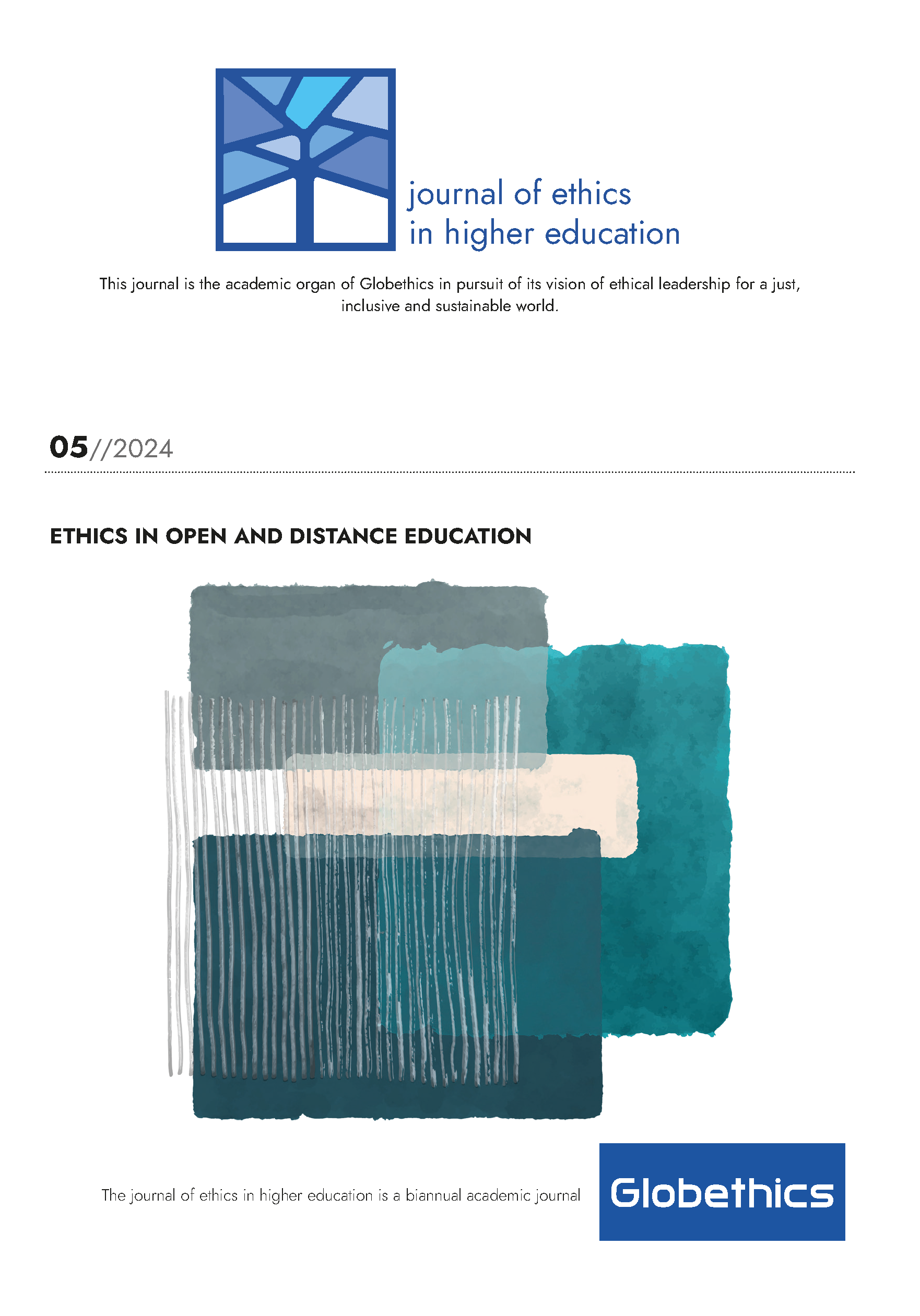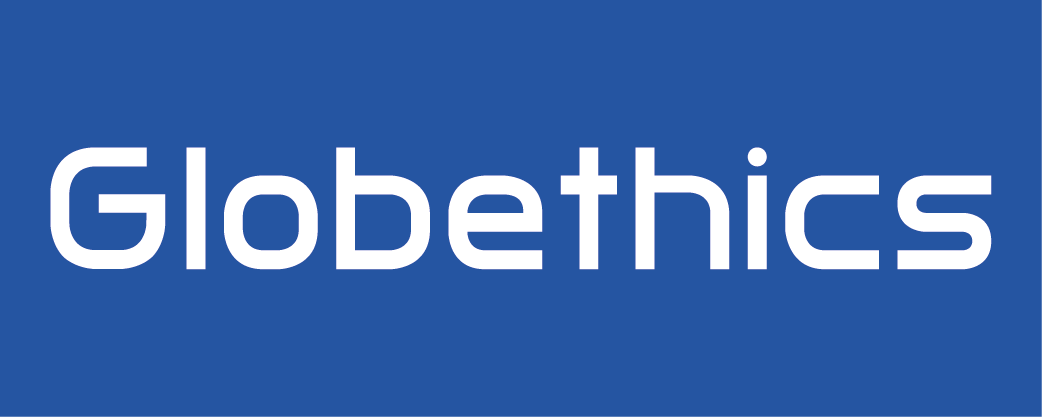The Learner’s Role as an Acting Person and Emerging Technologies
Grounding Educational Policy on the Use of AI
DOI:
https://doi.org/10.26034/fr.jehe.2024.6866Keywords:
Artificial intelligence, educational policy, learner’s role as an acting person, Karol Wojtyla, the personalist foundation in ethicsAbstract
The approach to empower learners as the subject in the use of AI is in line with the United Nations Educational, Scientific and Cultural Organization (UNESCO)’s AI and Education Guidance for Policy-Makers and is pursued in recognition of the three paradigmatic shifts in the use of AI in educational setting. To strengthen the role of learners as leaders in the use of AI, this article uses the idea of the acting person from Karol Wojtyla. The concept of the acting person focuses on moral responsibility founded in human consciousness and conducted through human actions. The moral act of an acting person leads to responsible use that requires the commitment to the common good. In the first part, I will describe the history and development of AI technologies. In the second part, I will discuss the idea of the acting person and the AI as an acting machine. In the last part, I will present an analysis of the importance of grounding educational policy on the use of AI in learners’ ethical role as the acting person.
Downloads
Published
How to Cite
Issue
Section
License
Copyright (c) 2024 Irene Ludji

This work is licensed under a Creative Commons Attribution-NonCommercial-ShareAlike 4.0 International License.
Journal articles of Globethics Publications are published under the open Creative Commons License Attribution-NonCommercial-ShareAlike 4.0 International (CC BY-NC-SA 4.0), which guarantees the rights of licensor and allows free use and re-use to the licensees (the readers) who can: 1) Share — copy and redistribute the material in any medium or format 2) Adapt — remix, transform, and build upon the material provided appropriate credit is given and similar license is used in case of such adaptations. Content should not be used for commercial purposes. Each article (the version of record) can be deposited by the author on their academic institutional repository or personal author webpage.







